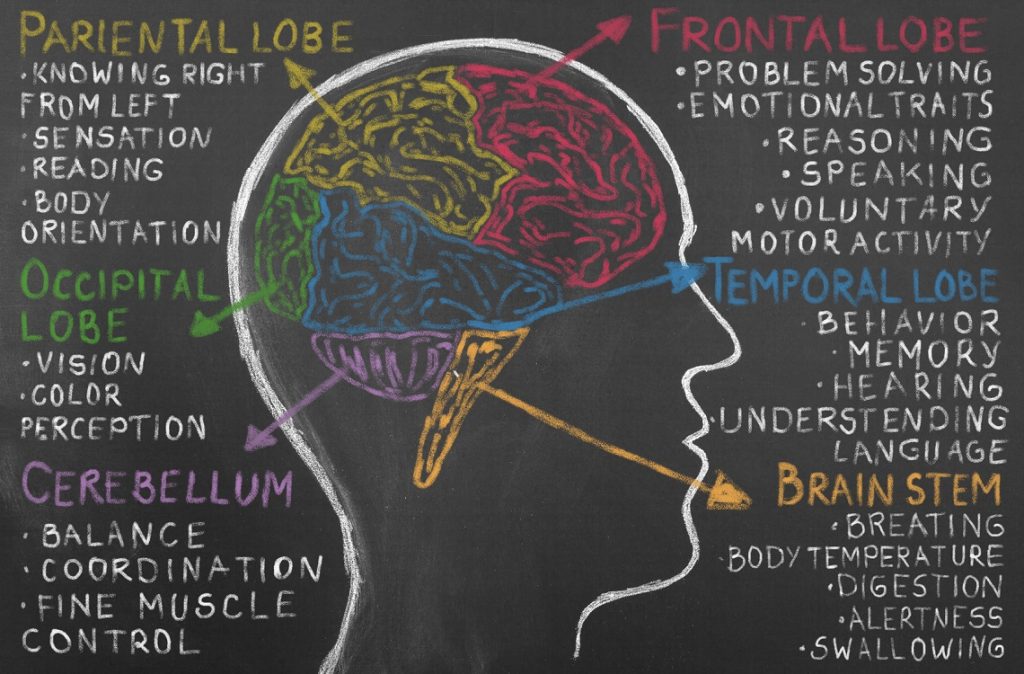Borderline personality disorder (BPD), also known as an emotionally unstable personality disorder (EUPD) is a severe mental illness, and it is a pattern of feelings and behaviours which makes people feel like a roller coaster.
This disorder usually starts during adolescence or early adulthood, and it impacts the way you think about yourself and others which causes functioning problems in their everyday life. This also includes unstable extremely intensive relationships, distorted self-image, extreme up and downs emotions and impulsiveness.
People with borderline personality disorder have an intense fear of being abandoned and have difficulty of being alone, but if they are with someone, they may have inappropriate anger management issues and mood swings which will push other people away, even if you want a loving long lasting relationship with that specific person.
Why Is It Called Borderline?
Have you ever wondered why it is called borderline? This is because, in the past, mental illness is usually categorised either by psychoses or neuroses. When psychiatrists first found out about this mental illness, it didn’t fit into both of them, and so they decided that it belongs to an imaginary line between the two group of illnesses.
What Are the Symptoms?
- Intense fear of being abandon and being rejected.
- Unstable extreme intense relationship
- Suicidal threats along with self-harm
- Mood swings. Sometimes they feel happy, irritate, ashamed, angry and they will have anxiety attacks too
- They feel empty
- Impulsive and risky behaviour, such as gambling, drinking, unsafe sex, drug abuse, binge eating
Can Kids Inherit It?
Parents with BPD will wonder if their kids will be affected and if they will inherit this disorder. The answer is both yes and no. Some say that children are most likely not to get borderline personality disorder but research has been made that BPD does run in families and they are more likely to develop the psychiatric disorder, as it has been established that it is also due to genetic component.
If you have BPD, please do not get upset or discouraged. Often, those who have BPD will get better as they get older and if you are aware of the signs and symptoms, please seek help. Talk to your doctor or mental health specialists and let them help and guide you.
For more articles, stories, and products: browse through our website www.mamahood.com.sg
